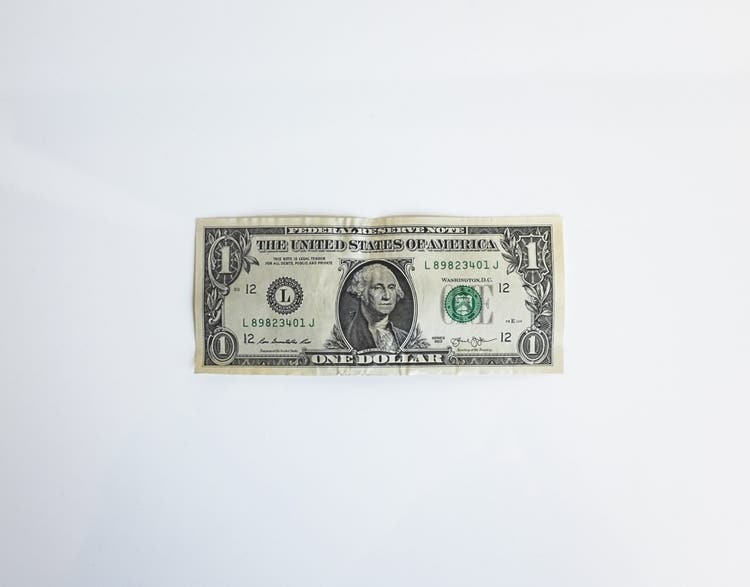How Do You Know If You Have an Unhealthy Relationship With Money? A Financial Wellness Adviser Explains

If April tax season brought with it a sense of dread and anxiety surrounding money, you’re not alone. And though tax season may be over, your anxiety about money probably isn’t. The topic of money is an evergreen one, and for good reason—we all make, spend and need money to survive.
But how do you know if your money spending and saving habits are healthy? And how can you re-evaluate your relationship with money and turn it around before the year is halfway over? Great questions!
We reached out to financial wellness adviser Danetha Doe of Money & Mimosas to ask how to evaluate our relationship with money and get a handle on it this spring.

How do you know if you have an unhealthy relationship with money?
Doe uses a five-step process to determine whether her current mindset surrounding money is healthy or needs work.
“I still do this myself because I believe that nurturing a healthy money mindset is a lifelong journey,” Doe explains. “We pick up a lot of beliefs and behaviors around money from our upbringing, whether that’s from your parents, or your guardians, or whomever you were most around as a young child.”
- Take 10 minutes and think about what behaviors you saw around money growing up. “Maybe your dad was an entrepreneur who burned a ton of cash while implementing an idea, so your mom had to react and be stingy with money. Or maybe they were both spenders; maybe they were both savers. Did your parents talk about money in front of you, or was it more of a secret conversation that they didn’t share with the children? What were some money behaviors that you saw growing up?”
- Don’t judge it or label it. “Just try to think back to the first memory you have of your parents or guardians around money.”
- Think about which of those behaviors you carry as an adult. “Are you someone who loves to shower friends with money or gifts and you’re doing that maybe because you saw one of your parents do this with their friends or with you? You may be doing this because it’s how you show love.”
- Be honest with yourself: Is it serving you? “Have you gotten into relationships where you feel like you’ve been taken advantage of? Maybe you’re always the one picking up the tab at happy hour, or your friends are always borrowing things from you and not returning them. Try to understand how that behavior that you picked up as a child or saw as a child is now not serving you.”
- Become aware of your habits. “Take a breath before you spend and ask yourself, ‘Is this a healthy choice for me to take with my money or is this not?’ By going through that process, you’ll start to (a) become aware of your behaviors, and then (b), you’ll be able to shift your behaviors and beliefs around money.”
How can you get your financials organized this spring?
According to Doe, spring is a great time to get organized with your finances.
One way she recommends doing this is by using a program to keep track of your daily, weekly and monthly spending. Apps like Personal Capital and Mint are great options.
“You can use these tools to help you track your Lyft or Uber rides and your grocery shopping, and it automatically categorizes it for you so that when you do your weekly money date, you don’t have to pore over your bank statement to try to figure out where all your finances went,” Doe says. “If you’re more of a spreadsheet-loving person, you can use a spreadsheet. It doesn’t matter which one you choose, the key is to be consistent.”
Doe’s second piece of advice is to get your financial paperwork together (W-9’s, 1099’s, retirement accounts, etc.) so it’s all in one place. Put it in one drawer or scan your documents and keep them digitally in a Dropbox or Google Drive folder—a method Doe uses to stay organized. “Get everything neat and tidy,” she says. “Spring is a good time to do that.”
Photo credit: Neon Brand, Unsplash